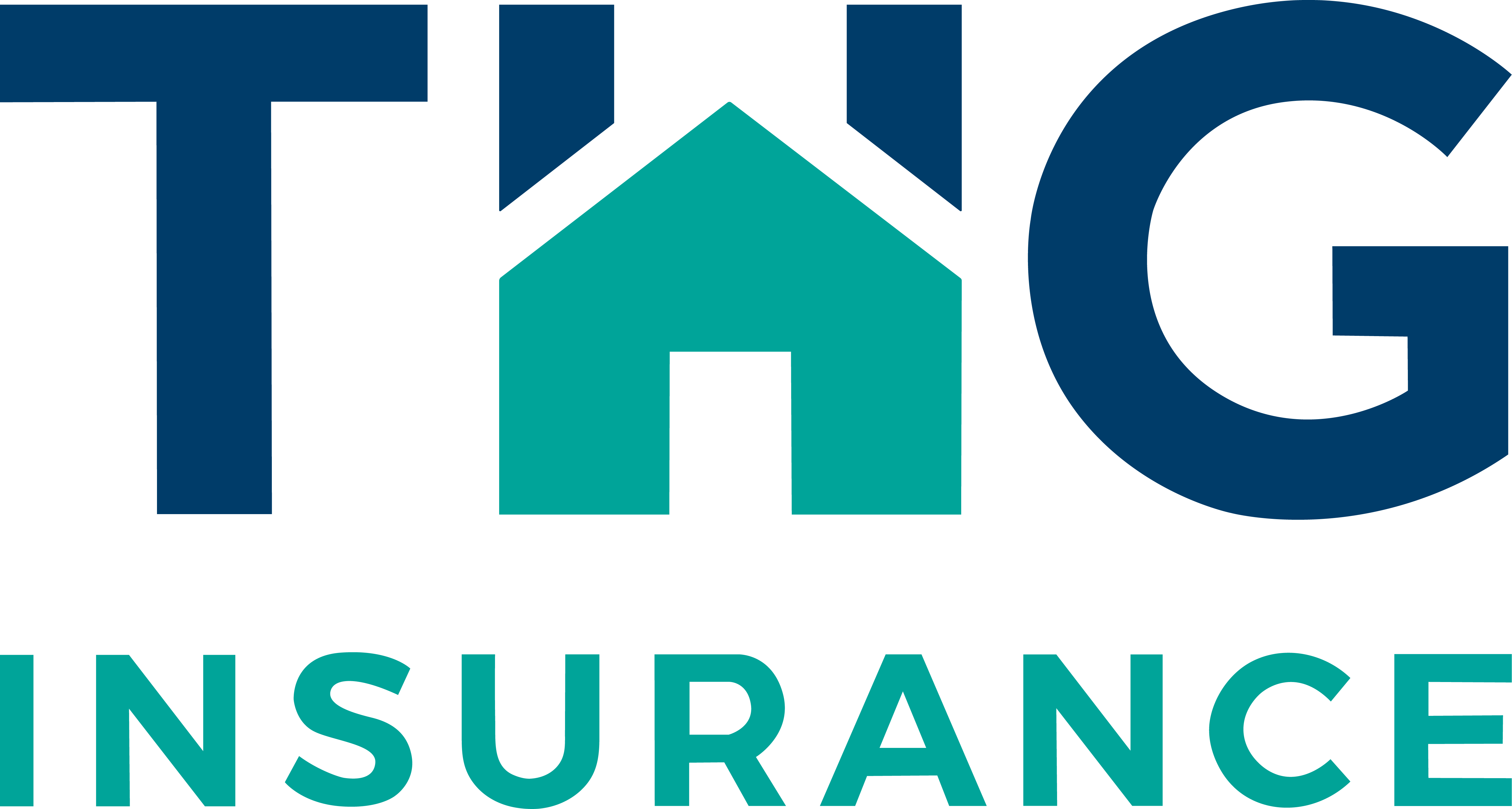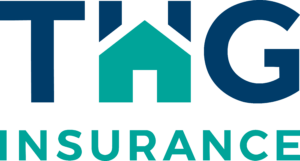Homeownership in North Carolina comes with its share of benefits and responsibilities, including insuring your home and personal possessions against a potential loss. Unfortunately, the process of getting insurance for your living space can be hard to navigate.
For example, if you live in a condo, do you need a home insurance policy or condo-specific insurance?
While there are specific forms of insurance designed for nearly every kind of living space, including condos, there’s more to picking the best policy than tailoring it to the type of home you own.
In our guide below, we’ll discuss the key differences between condo insurance (HO6) and home insurance (HO3) to help you determine what’s right for your living space.
Need help understanding your policy coverage? The Huneycutt Group in coastal North Carolina can help you identify any potential gaps, so your home is covered should the unexpected happen.
Key Takeaways:
- Condo insurance (HO6) and home insurance (HO3) cover different types of property — condos typically need coverage for the interior only, while homeowners need broader protection for the entire structure.
- Your condo association’s master policy does not fully protect your unit. You’re responsible for insuring what’s inside your walls, including appliances, fixtures, and personal belongings.
- Several factors influence your condo or home insurance rate, but you can save money by bundling policies and installing home safety features, and increasing your deductible.
Pro tip: Increasing your deductible may sound like the best choice for lowering your premium, however, you need to understand that this means you’ll need to come out of pocket for a larger portion of the claim when a covered loss occurs.
What is Condo Insurance and How Does it Work?
Condo insurance protects the interior of your condo from damage due to things like fire, theft, wind, hail, explosions, lightning, and burst pipes. More specifically, this insurance covers everything from your floors and walls to the ceiling, and appliances.
However, it’s important to note that condo insurance is separate from the master policy your condo association pays for to cover the condo building exterior and any common areas.
Any upkeep and maintenance fees you pay to the condo association (HOA fees) likely also include a portion dedicated to paying for this master policy.
In addition to protecting your condo’s physical structure, condo insurance coverage also extends to your personal belongings. If someone injures themselves within your unit, your condo insurance policy’s liability coverage will also cover medical and legal fees.
Should the damage to your condo render it uninhabitable, loss of use coverage will pay for any living expenses beyond what you’d normally pay, such as for hotels, meals out, and transportation.
What is Home Insurance and How Does it Work?
Home insurance, also known as homeowners insurance for HO3, applies to the entirety of your home, from roof to foundation, and any other structures within those property lines.
Your home insurance policy covers damage due to fire, wind, hail, vandalism, and falling objects. If you took out a mortgage to purchase your home, you probably had to agree to buy home insurance to qualify for the loan.
Similar to condo insurance, homeowners insurance policies also cover your personal possessions and cover medical and legal fees if someone gets injured while on your property.
If your home becomes uninhabitable due to damage covered by your insurance policy, loss of use coverage will also pay for those living expenses you take on beyond the norm.
Pro tip: If you own high-value items, you’ll want to schedule them on your policy. There are limits that exist within an HO3 for jewelry, watches, firs, and firearms. You may need an HO5 or a separate jewelry floater. You’ll want to talk to your agent at The Huneycutt Group to make sure you have the right coverage.
Condo and Homeowners Insurance: Which is Right for You?
The key differences between condo and home insurance lie in the type of insured property and policy coverage specifics. Both types of policies may be required by mortgage lenders or condo associations, depending on your circumstances. Use the following table to compare condo and home insurance:
| Property type | Condominium | Single-family home |
| Requirement | Typically required by mortgage lenders and condo associations | Typically required by mortgage lenders and optional (but recommended) if you own outright |
| Main dwelling coverage | Includes interior ceilings, floors, walls, appliances, fixtures, and personal property damaged by covered perils | Includes the primary structure (inside and out), land, and other structures on the property damaged by covered perils |
| Personal property coverage | Includes personal belongings damaged by covered perils, based on actual cash value. *Make sure your policy includes replacement cost for contents. | Includes personal belongings damaged by covered perils, based on actual cash value. *Make sure your policy includes replacement cost for contents. |
| Liability protection coverage | Includes medical and legal fees incurred when someone gets hurt on the property | Includes medical and legal fees incurred when someone gets hurt on the property |
| Loss of use coverage | Includes coverage for expenses beyond those normally incurred to cover housing, meals, and possibly transportation | Includes coverage for expenses beyond those normally incurred to cover housing, meals, and possibly transportation |
It’s important to understand the extent of your condo or home insurance policy coverage. The Huneycutt Group in North Carolina can help you evaluate what parts of your property require coverage and adjust your coverage and deductible amounts to fit your budget.
Factors That Affect Condo and Homeowners Insurance Rates
Condo owners pay an average of $572 annually for condo insurance, according to the National Association of Insurance Commissioners (NAIC). There’s also some interesting facts on Homeowners Median Amount of Insurance and 10 most costly insured property U.S. natural
catastrophes through 2024.
While the average homeowner pays $3,303 annually for their home insurance policy, per a report from the Consumer Federation of America.
Below are several key factors that determine both condo and home insurance premium rates:
- Geographical location – Homes in certain climates and geographies cost more to insure than others.
- Condo/Home characteristics – The size, age, and corresponding value of a condo or home factor into policy premiums, with increased rates for larger living spaces.
- Coverage amounts – The types and amounts of coverage you choose, including any deductible limits, can raise or lower your annual premium.
- Personal and financial details – In states where allowed, insurance companies consider your age and credit history when building a policy.
Homeowners and condo owners in North Carolina should also consider obtaining an additional flood insurance policy (if not already required by their lender).
If you live in a coastal county, named storm and hurricane deductibles can also help protect your home and condo from natural disasters not typically covered under standard insurance policies.
How to Save Money on Your Condo or Home Insurance Premium
Proper maintenance can help reduce the cost of insuring your condo or home, especially if you live in an older home. Install safety features such as home security systems and carbon monoxide detectors, or consider increasing your deductible if you’re able to cover a higher amount without significantly diminishing your emergency fund.
At The Huneycutt Group, we work with multiple top-rated carriers and can compare coverage options on your behalf to make sure you’re getting the right protection at the right price.
Whether you’re insuring a condo or a home, we’ll help match you with a policy that fits your needs and your budget without the stress of searching on your own.
Keep Your Living Space Protected, Regardless of Its Size
Achieving the milestone of homeownership can help springboard you toward your future goals, but it’s important to protect what you have in case of the unexpected.
Recognizing the difference between condo insurance and home insurance is the first step in the right direction.
Ready to insure your home sweet home in North Carolina?
The team at The Huneycutt Group can help determine which type and level of coverage best suits your needs so you can focus on making new memories. If your four walls could talk, they’d tell a story of a homeowner confident that their most prized possessions are safeguarded from disaster.
FAQs: Condo Insurance and Home Insurance
Is it cheaper to insure a condo or a home?
Home insurance offers more coverage. More than just wall-to-wall. So, it costs less to insure a condo than a single-family home because condos.
How much condo or home insurance do I need?
Condo and home insurance needs vary based on where you live, which coverage amounts and deductibles you choose, and what’s required of you by your lender (if you have one). The Huneycutt Group can guide you in building a policy that fits your needs and budget.
What happens if my coverage cancels during the lease term?
You could be in breach of your lease, and your landlord may take legal or financial action. Always keep your policies active. If you have a loss and you’re not covered, you cannot reinstate your policy.
What are the differences between a condo association’s master policy and condo insurance?
The key differences between a condo association’s master policy and condo insurance lie in the policyholder and specific coverage. Condo associations hold a master policy to cover the exterior structure and common areas, while condo insurance covers the interior of an individual condo unit.
What are common condo and home insurance policy exclusions?
Common condo and home insurance exclusions include earthquakes, floods, sewer backups, damage done intentionally or due to pests, and normal wear and tear.





